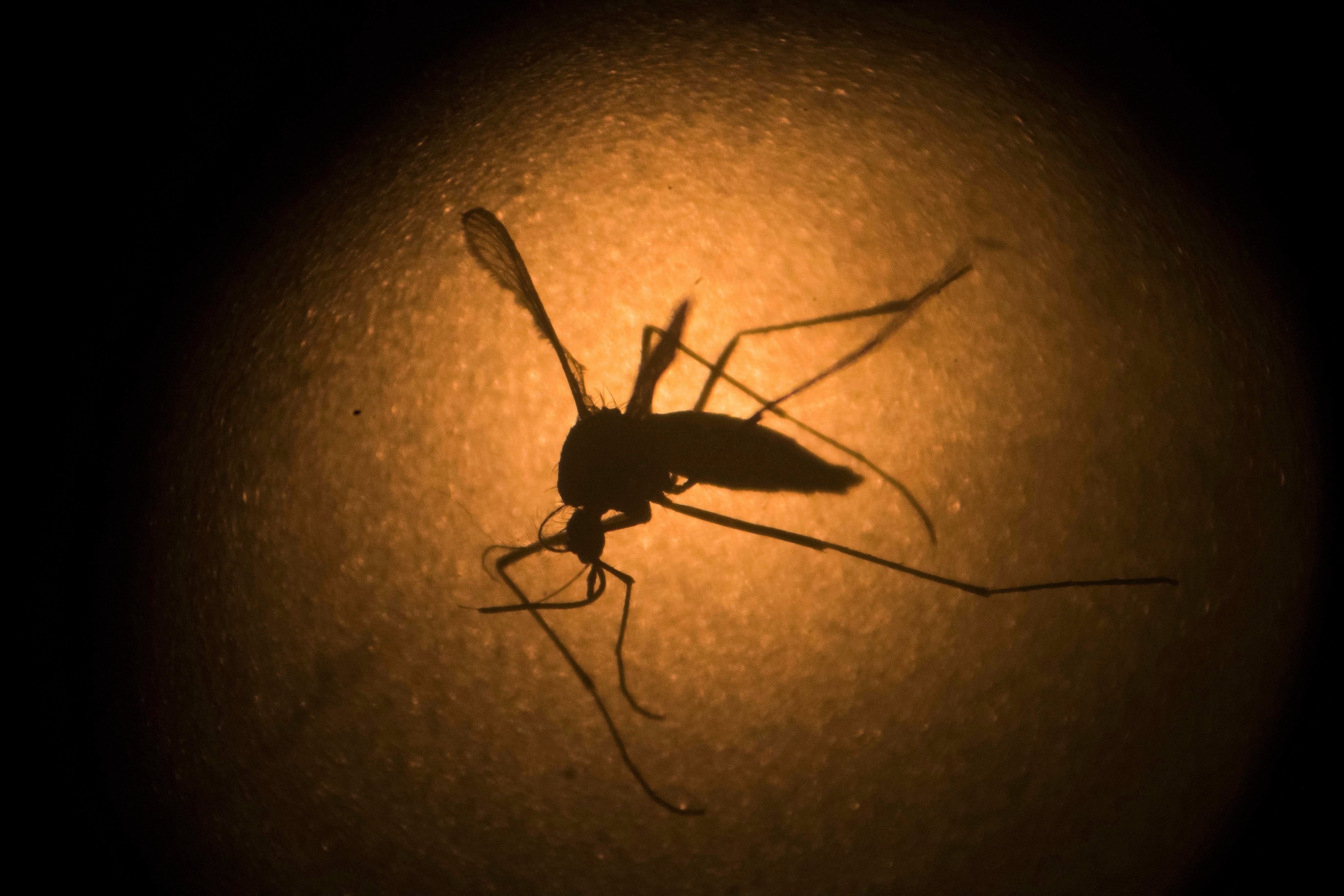EU regulator recommends clearing Takeda's dengue vaccine
The European Medicines Agency is recommending that a dengue vaccine made by the Japanese pharmaceutical Takeda be authorized, in a move that could provide a new tool for millions worldwide against the potentially fatal disease

Your support helps us to tell the story
From reproductive rights to climate change to Big Tech, The Independent is on the ground when the story is developing. Whether it's investigating the financials of Elon Musk's pro-Trump PAC or producing our latest documentary, 'The A Word', which shines a light on the American women fighting for reproductive rights, we know how important it is to parse out the facts from the messaging.
At such a critical moment in US history, we need reporters on the ground. Your donation allows us to keep sending journalists to speak to both sides of the story.
The Independent is trusted by Americans across the entire political spectrum. And unlike many other quality news outlets, we choose not to lock Americans out of our reporting and analysis with paywalls. We believe quality journalism should be available to everyone, paid for by those who can afford it.
Your support makes all the difference.The European Medicines Agency on Friday recommended the authorization of a dengue vaccine made by the Japanese pharmaceutical Takeda that could provide a new tool for millions worldwide against the potentially fatal disease.
The EU regulator said in a statement the vaccine should be cleared for anyone aged four and over, to prevent the four types of dengue. The viral disease causes more than 390 million infections globally every year, including up to 25,000 deaths, mostly in children.
“The benefits and safety of the current vaccine have been evaluated in 19 clinical trials that enrolled more than 27,000 people aged between 15 months and 60 years,” the EMA said. Studies showed Takeda's vaccine was about 84% effective in preventing people from being hospitalized with dengue and about 61% effective in stopping symptoms four years after getting immunized.
The most commonly reported side effects included headaches and muscle pain.
There is no specific treatment for dengue, which is a leading cause of serious illness and death in roughly 120 Latin American and Asian countries. While about 80% of infections are mild, severe cases of the mosquito-spread disease can lead to internal bleeding, organ damage and death.
The green light for the Takeda vaccine comes after Sanofi Pasteur's dengue vaccine triggered a public health crisis in the Philippines in 2017. The Dengvaxia shot was found to increase the risk of severe disease in people who had not previously been infected with dengue and was linked to the deaths of more than 100 children.
Critics charged that the Sanofi vaccine was rolled out prematurely to about 800,000 children across the Philippines. Numerous scientists and officials were indicted for introducing the vaccine “with undue haste,” that prosecutors said resulted in homicide.
The World Health Organization had previously concluded the Sanofi Pasteur vaccine was safe, but later said children should only be immunized if they were tested first to ensure they had already had dengue.
The EMA said its endorsement of the Takeda vaccine means that “a global unmet public health need is being addressed,” explaining that countries beyond the EU should have confidence that the shot is safe and effective.
After malaria, dengue is the most diagnosed cause of fever in European travelers returning from developing countries.
In September, Indonesia became the first country to license the Takeda vaccine.